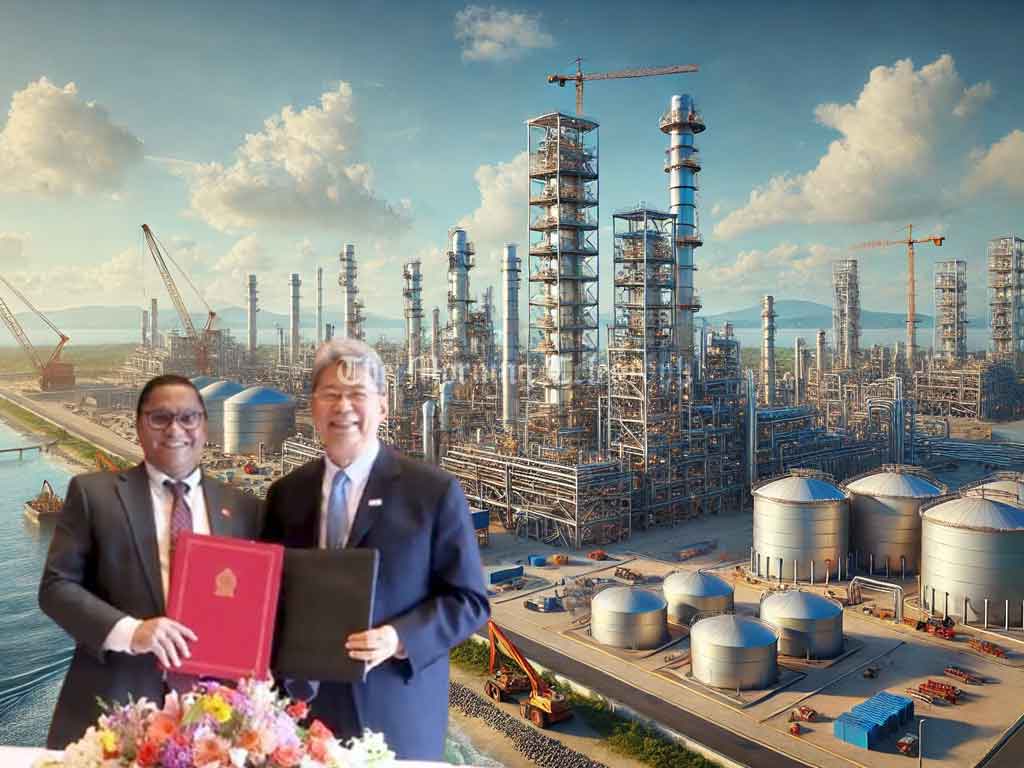
Sri Lanka has secured a historic investment agreement with China for the construction of a $3.7 billion oil refinery in Hambantota, marking the largest foreign direct investment under President Anura Kumara Dissanayake’s administration. The agreement was formalized between Sri Lanka’s Ministry of Energy and China’s Sinopec Company, a global leader in the petroleum industry, during the President’s four-day state visit to China.
The refinery, to be built with cutting-edge technology, is designed to process 200,000 barrels of crude oil per day. A significant portion of this output is intended for export, reinforcing Sri Lanka’s position as a critical player in the regional energy market. This project aims to transform Hambantota into a major energy hub and a driver of economic growth for the country.
The investment is expected to have a profound impact on Sri Lanka’s economy and society. It will not only contribute significantly to the national GDP but also create thousands of direct and indirect jobs, particularly benefiting the residents of the Hambantota region, many of whom belong to low-income communities. The infusion of this project into the local economy will lead to improvements in infrastructure, including roads, utilities, and logistics networks, further spurring regional development.
The project’s strategic importance cannot be overstated. Hambantota, already home to an international port and strategically located along key maritime trade routes, is set to bolster its role as a global logistics and energy hub. This development aligns closely with China’s Belt and Road Initiative (BRI), highlighting the deepening economic and strategic ties between Sri Lanka and China.
The signing ceremony was attended by key figures from both countries, including Minister of Foreign Affairs, Foreign Employment, and Tourism Vijitha Herath, Minister of Transport, Highways, Ports, and Civil Aviation Bimal Ratnayake, Chinese Ambassador to Sri Lanka Qi Zhenhong, and Sri Lankan Ambassador to China Majintha Jayasinghe. Their presence underscored the high-level commitment to this transformative project.
In addition to economic benefits, the refinery will help Sri Lanka reduce its dependence on imported refined petroleum products, potentially stabilizing domestic fuel prices in the long term. The increased export earnings from the refinery’s output are expected to ease the country’s balance of payments issues, providing much-needed foreign exchange reserves.
The Hambantota refinery project also includes plans for advanced environmental and operational standards, ensuring that it adheres to global best practices in energy production. This initiative aligns with the government’s broader vision of sustainable and inclusive development.
This milestone agreement represents a significant step forward in Sri Lanka’s efforts to attract large-scale foreign investment, highlighting the country’s potential as an emerging hub for trade and industry. The benefits of this project are anticipated to reach every corner of Sri Lanka, driving progress and prosperity for years to come.




